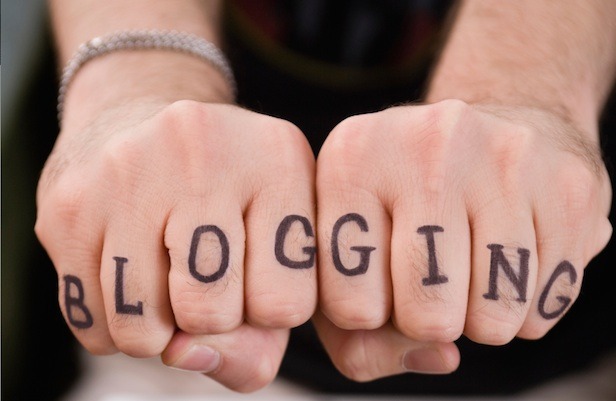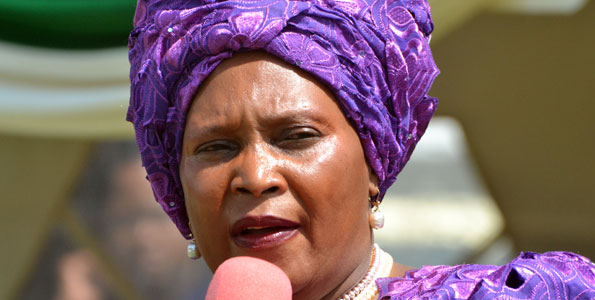The controversial section in the Kenya Information and Communications Act which creates the offense of “misuse of a licensed telecommunication device,” has been declared unlawful, throwing a lifeline to bloggers who have lately borne the brunt of the legislation.
High Court Judge Mumbi Ngugi on Tuesday declared Section 29 of the said Act as unconstitutional, saying it was too broad, vague and that it violated certain provisions of the constitution.
The Director of Public Prosecutions (DPP), and the Attorney General had argued that the law was intended to protect the reputation of others. However, the judge found that it does not meet the criteria set in Article 24 of the Constitution, which provides instances when rights can be limited.
“If the intention was to protect the reputation of others, then there are clear provisions in the law of libel. I therefore come to the conclusion that section 29 cannot stand,” Justice Ngugi.
The judge, in defending her position, referred to a recent case where damages of Ksh5 million were awarded against a blogger for defamation by a separate court which relied on laws of libel.
The judge, however, maintained that the DPP has the constitutional powers to determine whether or not to proceed with prosecution against the petitioner, Mr Geoffrey Andare, if the facts of the case disclose any other offence under any other law.
Also See >> Broadcasters hit by ban on sexy ads and betting promos
“I have left the matter to the determination of the DPP, the only rider being that he cannot proceed with the prosecution of the petitioner under the provisions of the Kenya Information and Communications Act,” Judge Ngugi.
Mr Andare, through his lawyer Demas Kiprono, had filed the petition arguing that Section 29 of the Kenya Information and Communications Act was in violation of his constitutional right to freedom of expression and also because it was couched in very broad and un-specifying terms.
The law makes it an offense to use any licensed telecommunication system such as cell phone or computer to send a message or other matter that is grossly offensive. It also imposes a penalty of a fine not exceeding Ksh50,000, or imprisonment for a term not exceeding three months, or to both.
Mr Andare, an online user, was arrested in April 2015 for posting a message on his social media page that reprimanded an agency official for allegedly exploiting others. The petitioner was aggrieved that the law has criminalized legitimate online expression therefore it had caused a chilling effect on persons seeking to express themselves online. (Daily Nation)



















































![Pula Co-Founders and Co-CEOs, Rose Goslinga & Thomas Njeru. Pula provides agricultural insurance and digital products to help smallholder farmers manage climate risks, improve farming practices and increase their incomes. [ Photo / Courtesy ]](https://businesstoday.co.ke/wp-content/uploads/2021/01/Pula-Co-Founders-and-Co-CEOs-Thomas-Njeru-Rose-Goslinga.jpg)




























































Leave a comment